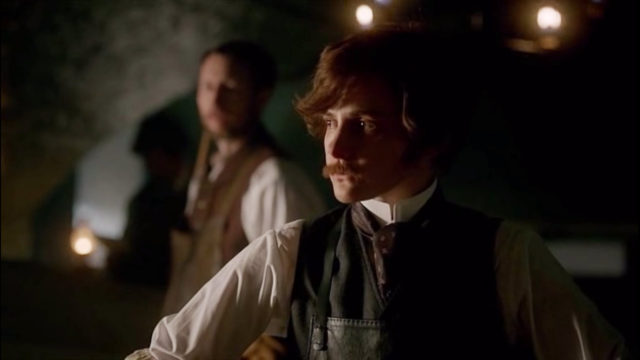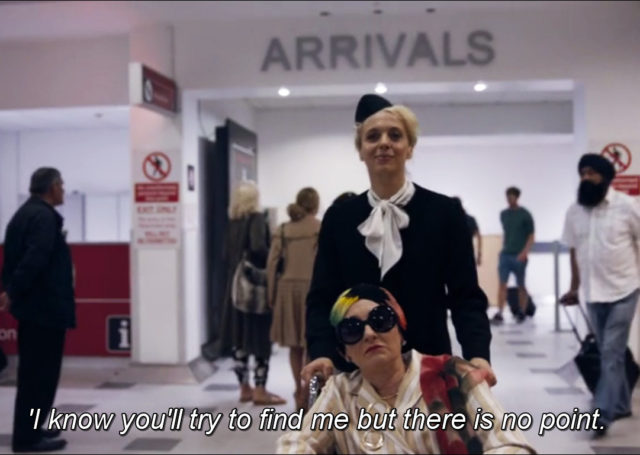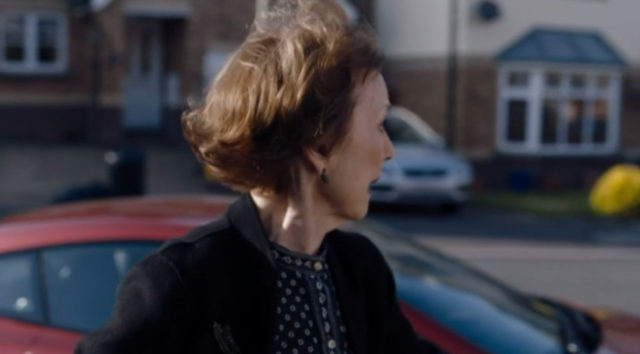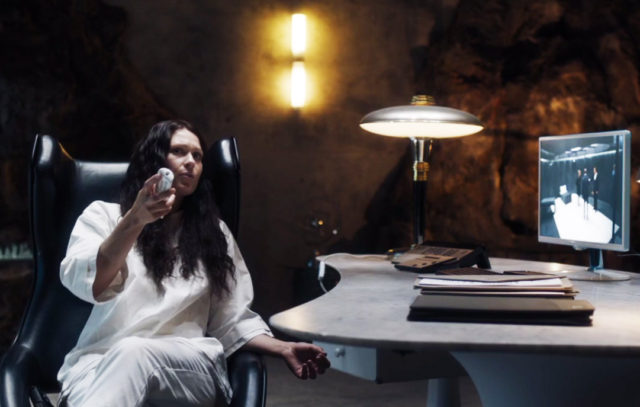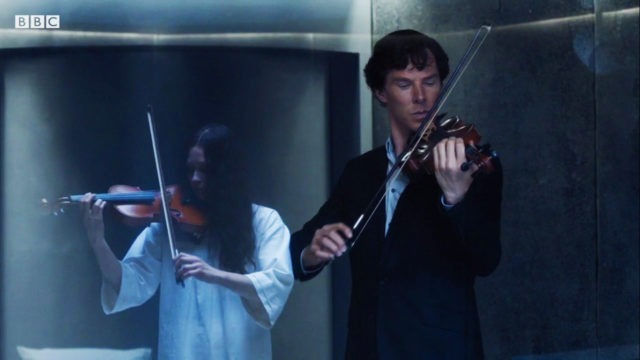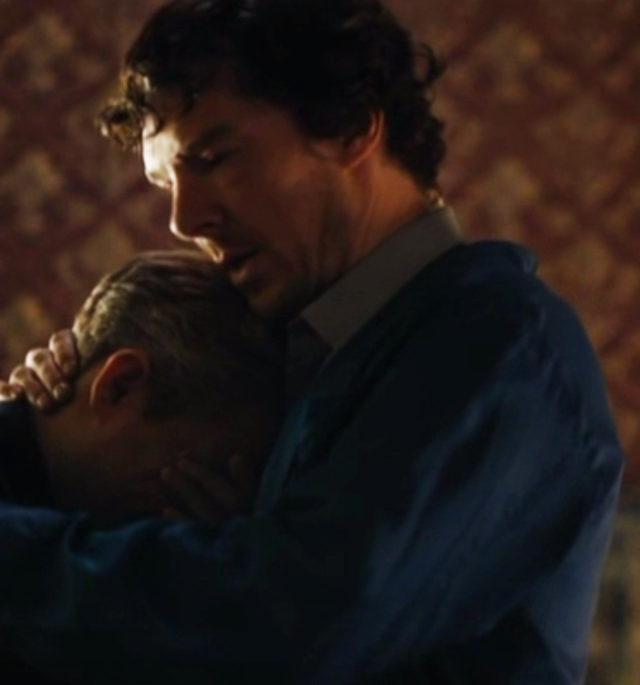Sadly, but surely, BBC Sherlock Series 4 is over. On 15 January, we all watched the finale huddled up in shock blankets with a box of tissues handy. After the emotional rollercoasters that the first two episodes were, we had prepared ourselves for the worst (or the best, depending on how you look at it).
And indeed, saying that The Final Problem was shocking would be putting it mildly. But, now that we have had some time to get through the haze of trauma, process what we saw, almost digest the fact that this was probably the last we’ll ever see of BBC Sherlock, and comfort ourselves with memes, it’s time to move forward.
****MAJOR SPOILERS AHEAD****
While it is now obvious that the guess I made in my post-premiere article about Sherrinford being the third Holmes brother was far from accurate, series 4 has given me a lot more to think about. Allow me to share some of my post-finale thoughts with you.
1. Sherlock Holmes is truly, fully human, and we are grateful for it!
When the TV show began, Sherlock Holmes was emotionally unattached, more brain than heart.
Over the first three series, we saw Sherlock’s friendship with John making him more and more human, so to speak. By the end of series 3, that transformation was complete. And at the end of series 4, we see Sherlock using it to his advantage. Eurus, having no emotional connection to anyone, is pure brain. And Sherlock realizes that the part of him he has been running from his entire life – the human part – is what makes him stronger than her.

At BFI’s special preview of The Final Problem on January 12, showrunner Steven Moffat said, “[Sherlock] isn’t as smart as Eurus or Mycroft; he’s just always going to win against them because he is better and stronger. And that is him becoming the Sherlock Holmes of Basil Rathbone and Jeremy Brett… The wise old man of Baker Street we’re used to, who’s still terrifying and cold, but has a heart that we never doubt.”
2. Is it just me, or did series 4 have a distinct feminist streak?
The Abominable Bride, which was the special episode marking the beginning of series 4, was not at all subtle with its feminist subtext. I mean, it pretty much showed the rise of the Suffragists! And, of course, Molly Hooper dressing up as a man in order to work as a doctor was a big two-finger salute to the patriarchy.
Then, in each consecutive episode, we see a female character pushing the plot along.
Don’t see what I mean? Think about it.
The Six Thatchers basically revolved around Mary’s past. So much so, in fact, that some viewers were disappointed they had to watch more of Mary than Sherlock in that episode.
The Lying Detective, although obviously focussed on the antagonist Culverton Smith, saw Mrs. Hudson getting most of the shit done. Not only did she make her entrance in a dazzling red Aston Martin, she was consistently the one making people do things.
First, she gets Sherlock to meet John. Sure, Sherlock had predicted he would be meeting John at precisely that time, but he wouldn’t have gotten there had it not been for Mrs. Hudson putting her foot down and deciding to take matters in her own hands. Later, she’s the one who cuts through Mycroft’s bullshit and gets John to watch Mary’s final message.
The Final Problem, of course, was all about Eurus. The story was based entirely on the cold calculated moves of a manic, super-genius woman. How delightful!
Throughout the series, the plot moved forward mainly because of decisions made by female characters, and that’s a lot more than can be said about most TV shows named after a man.
3. I might be very enthusiastic about this series, but there are some things I am not at all happy about.
A lot of fans voiced their concerns about the plot moving uncomfortably close to science fiction/ fantasy. Hypnosis is possible, sure. Even erasing traumatizing childhood memories is believable. But replacing memories of a human being with that of a non-existent dog? It does seem more than just a little far-fetched.
This was only one amongst the many puzzling, logic-defying moments in this series, not least of which was the ending. Eurus is put back in the prison she had already proven was incapable of holding her infinitely, and Sherlock regularly takes out time from his great mess of a life to play violin duets with her. Meh.
4. Let’s talk about Sherlock and John’s bromance, though.
This series saw perhaps the most severe ups and downs in the Holmes-Watson relationship. In the first episode, we see John balancing Sherlock and crime-solving with his family life. In the next one, we see Sherlock desperately trying to fix the divide between himself and John caused due to Mary’s death.
In the finale, we see an impressively recovered John soldiering alongside Sherlock, with the ending bringing them full circle – the consulting detective and his ex-army doctor, solving crimes – just with an added element of little Rosy Watson this time.
Oh, also, Sherlock makes it very clear in The Final Problem that John Watson is family. I most certainly did not pause the episode during this scene and scream, “Suck it, Mycroft!” at the screen. Nope. That would be weird.
![]()
Whether or not we have seen the last of BBC Sherlock is anyone’s guess. But if this is really the end of the road, it’s not such a bad way to go!
You’d also like to read:



























